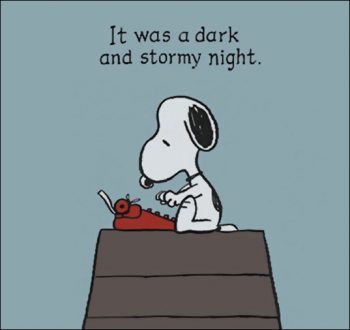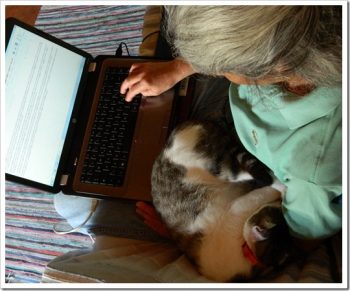Archive for 'Grammar'
Are You Paying Attention? Posted by Geoff on Sep 17, 2014
Are you paying attention, and if so, how much are you paying? Here in Italy, we don’t pay attention, we lend attention (prestiamo attenzione). This leads me onto the interesting topic of lending and borrowing. Interesting, because in Italian we use one verb for both actions: prestare. Let’s have a look at how it works…
I Would Have Liked … Posted by Geoff on Sep 8, 2014
A while ago I wrote an article entitled I Would Like in which I discussed how to use the conditional of the verb piacere (to please). If you feel you need to revise the use of piacere, I suggest that you read this blog. Now, if you feel fairly comfortable using ‘I like’ and ‘I…
Using Essere and Stare in the Past Tense Posted by Serena on Aug 29, 2014
Recently I received a comment from a reader asking about the correct use of the imperfect and present perfect of essere and stare. Here is my reply: Firstly, if you want to revise the difference between essere and stare, you can read THIS BLOG. Now let’s have a look at their use in the imperfetto…
I Would Like … Posted by Geoff on Aug 14, 2014
Very often when learning Italian you’ll find that a simple English phrase can be translated in several ways depending on the context. Here’s a classic example: in English, the expression ‘I would like’ can cover the following situations: 1. I would like to learn Italian 2. I would like a good Italian dictionary please 3…
Di Dove Sei? Posted by Geoff on Aug 8, 2014
Di dove sei? (where are you from? informal) or di dov’è? (where are you from? formal, or where is he/she from?) is a question that you’ll often be asked, or want to ask when you visit Italy. For Italians provenienza (provenance/origin) is very important, and is certainly much higher up the list of things that…
Is It Better Or Is It The Best? Posted by Serena on Aug 5, 2014
Scrivere un blog con Jenny la gatta acciambellata sul mio braccio sinistro e con la sua coda che spazzola in continuazione la tastiera del portatile non è il modo migliore per lavorare. Sarebbe meglio scriverlo quando non ci sono gatti in giro. La cosa peggiore di tutte è cercare di fare le maiuscole con solo…
The Verb Sentire Posted by Serena on Jul 30, 2014
The verb sentire can be quite confusing due to its wide variety of meanings. 1. sentire literally means ‘to sense’, and is used to describe four of the five senses: l’udito (hearing), il tatto (touch), il gusto (taste), and l’olfatto (smell). When used to describe perceptions its definition is contextual, as can be seen in…









